Since Harris is a primary spokesperson for U.S. imperialism, we are sure her statement was never meant to disparage imperialism. In fact, she was probably just operating within the selfish individualist mindset that most people in this society live by. That’s why Memorial Day is so absurd because most people, beyond empty rhetoric, have absolutely no concern for any of the U.S. troops who have died in battle. Part of that is because, as stated, people in this country are socialized to see very little beyond their noses and to interpret and value everything based solely on how it benefits them on an individual basis. In other words, what most people here actually mean when they say “respect Memorial Day” is they wish to maintain their privileged and comfortable lives and if that takes millions of U.S. troops being maimed and killed, than so be it. And, don’t expect any of them to spend five seconds even looking at these “veterans” stationed along any city offramp in this country.
And this perspective must be understood within the context of the contradictions within this capitalist system. We would argue that people don’t think beyond themselves because the very essence of this so-called “holiday” is based completely on lies and misinformation. No U.S. war has ever been fought for any reason other than to develop, maintain, and sustain the dominance of multi-national corporate capitalism. Despite the propaganda, none of these wars has accomplished a single thing to establish stability for a single person within the U.S. and this certainly has not happened within any of the countries where these wars have taken place. Afghanistan, Iraq, Grenada, Somalia, Kosovo, Libya, etc. None of these countries are better based upon U.S. imperialist efforts. Instead, all of those countries are in much worse condition in every measurable category as a result of imperialist hegemony. And, as for people within the U.S., the continued decline of capitalism has never been so easy to see as it is now with the effects of the pandemic over the last year or so. Meanwhile, U.S. military veterans commit suicide at a rate of 25 per day.
The truth about all of this is that Memorial Day, the Fourth of the Lie, thankstaking, all of these propaganda days for capitalism each serve one purpose and one purpose only. Tools to convince you and me that we possess some exceptional protection from God. We are on the right side of history and the military elements from this country are God’s troops against the devil, so therefore, we have a responsibility to pay our respects to not only the military, but really the criminal values and objectives of the capitalists who lead this country.
And those capitalists have gone to great lengths to imbue institutions to promote their values. Millions are spent by the U.S. government, through the military, to ensure professional sporting events, high schools, job faires, colleges, etc., are soaked with respect for U.S. military/imperialism. This process is so institutionalized that most people don’t even recognize this blatant effort to politicize these events/institutions with imperialist propaganda. They only recognize the people who resist it, like Colin Kaepernick or those brave souls who protest military recruitment on high school and college campuses. People accuse these activists of politicizing everything when it was the capitalists who started that process a long time ago.
You will get no respect for Memorial Day here. You will get wishes of recovery and good will towards those who fought in those backward wars. Those people were duped into believing they were doing something worthwhile and regardless of that, most of them are only there in the first place due to economic opportunities that do not exist for them otherwise. This is extortion. Forcing people to do your violent bidding at the hope of being able to feed their families. Disgraceful, when in reality the U.S. military is nothing except a mercenary force designed to serve the violent interests of a soulless empire whose only concern is its continued dominance of the world at any cost.
Still, many more so-called veterans of U.S. military “service” need to join their comrades in exposing the contradictions of the U.S. military. Too many of them, in an effort to justify risking their lives for nothing, losing friends, and losing much themselves, continue to uphold this imperialist myth because it brings them some dysfunctional comfort on a personal level.
Instead of worshiping mercenaries and their missions, we would do well to study the consciousness of people within the Cuban revolution who reserve their hero worship for those thousands of selfless persons in Cuba who volunteer for medical service throughout poor countries in the world in Africa, Asia, etc. Celebrating people who make the world better instead of contributing to further destruction in the world. An amazing concept.
Another fake “Memorial Day” will come and go, but in another 30 days we will be forced to stomach imperialism’s biggest propaganda effort – July 4th. It never stops and it cannot stop because everyone knows that the only way you can sustain the dominance of a lie is to keep it going and never let up.
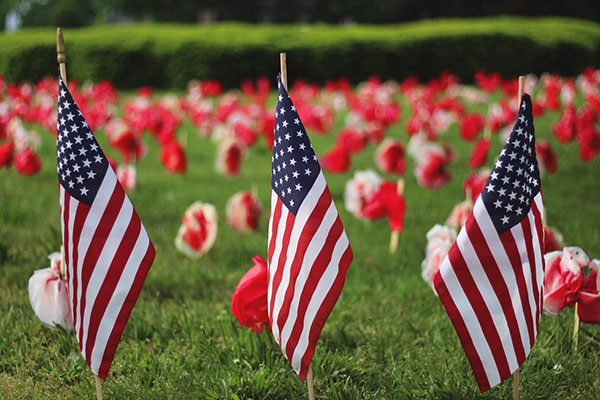
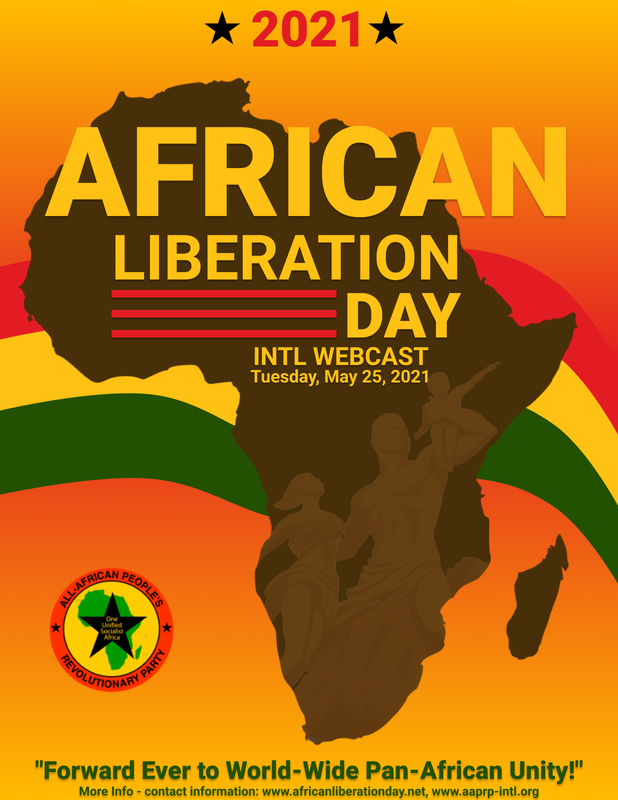
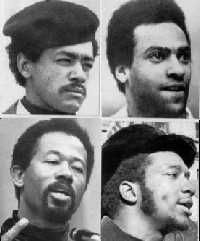
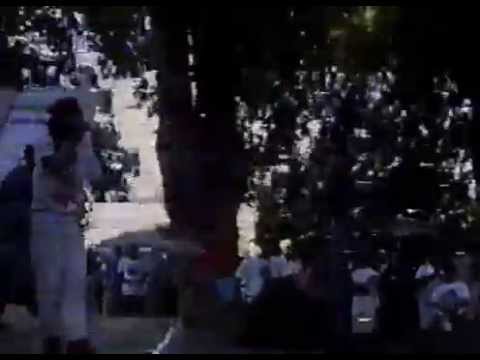
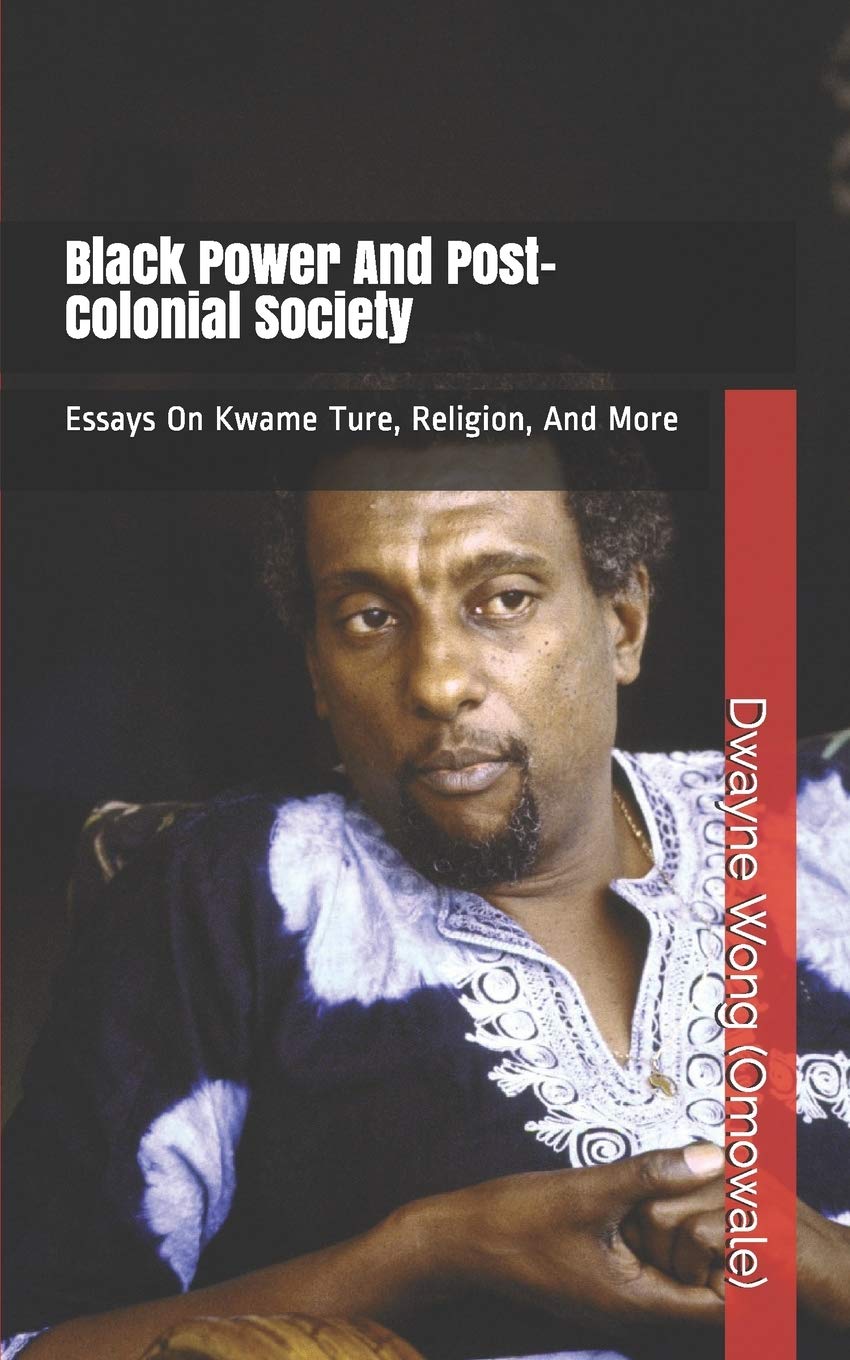

 RSS Feed
RSS Feed
